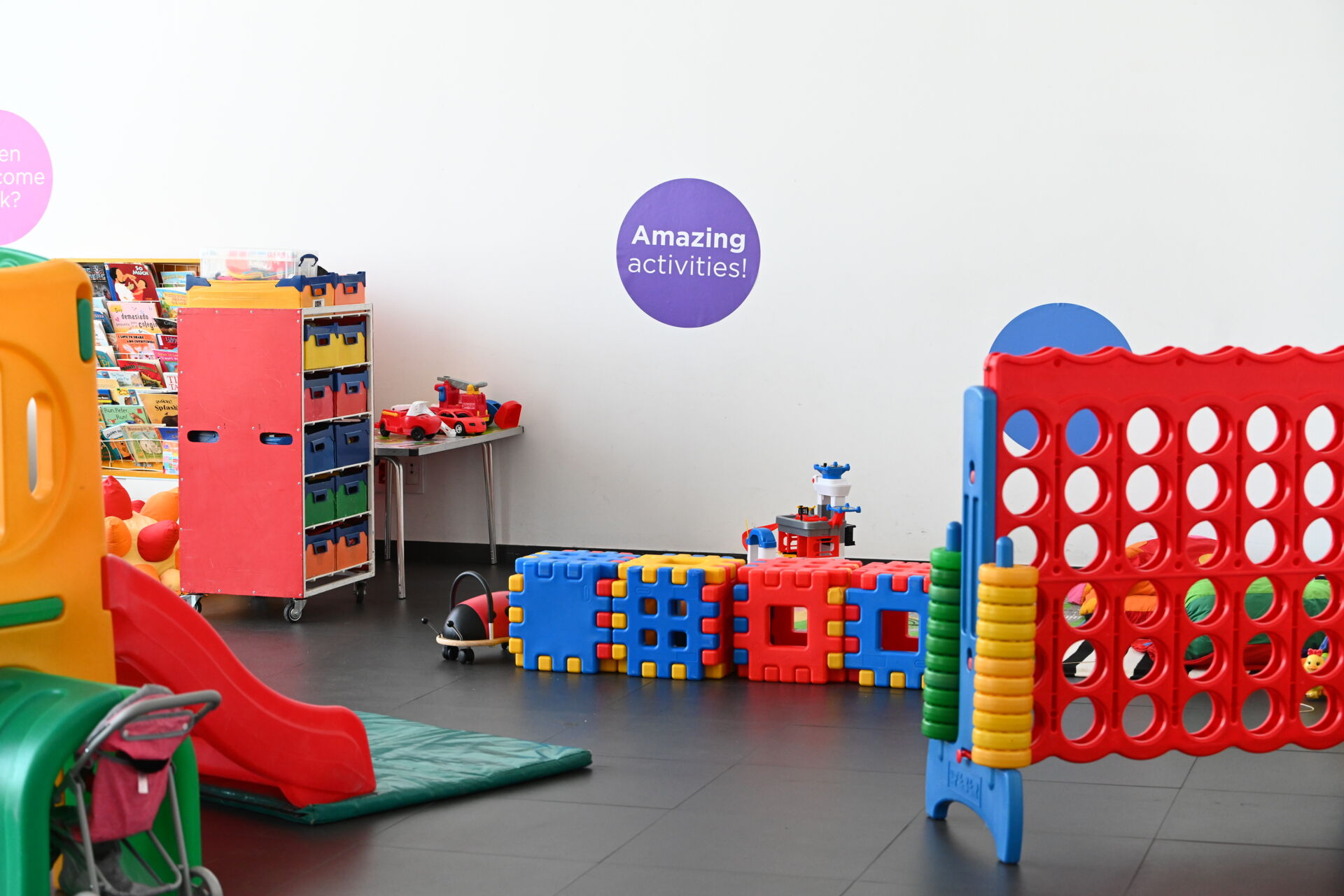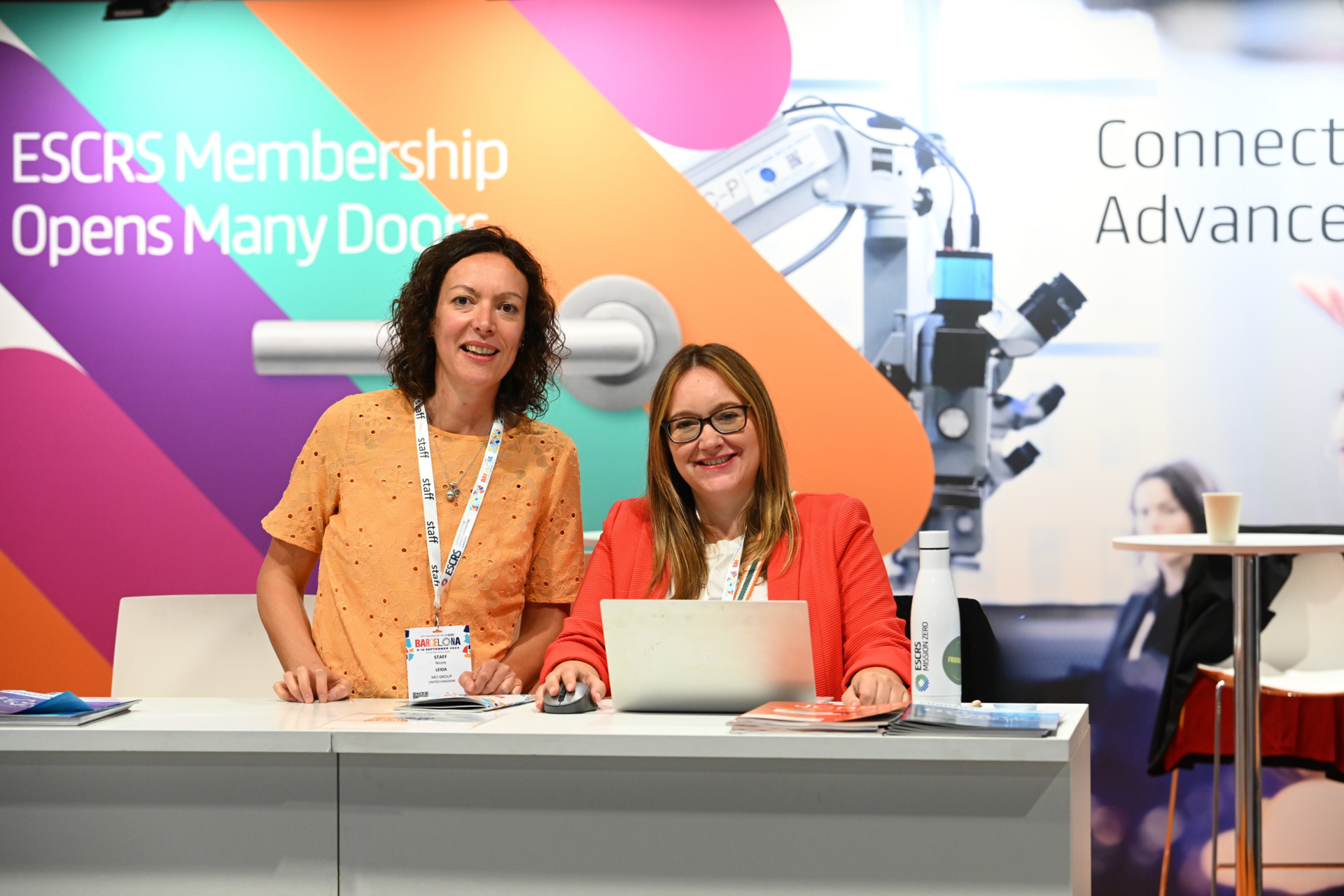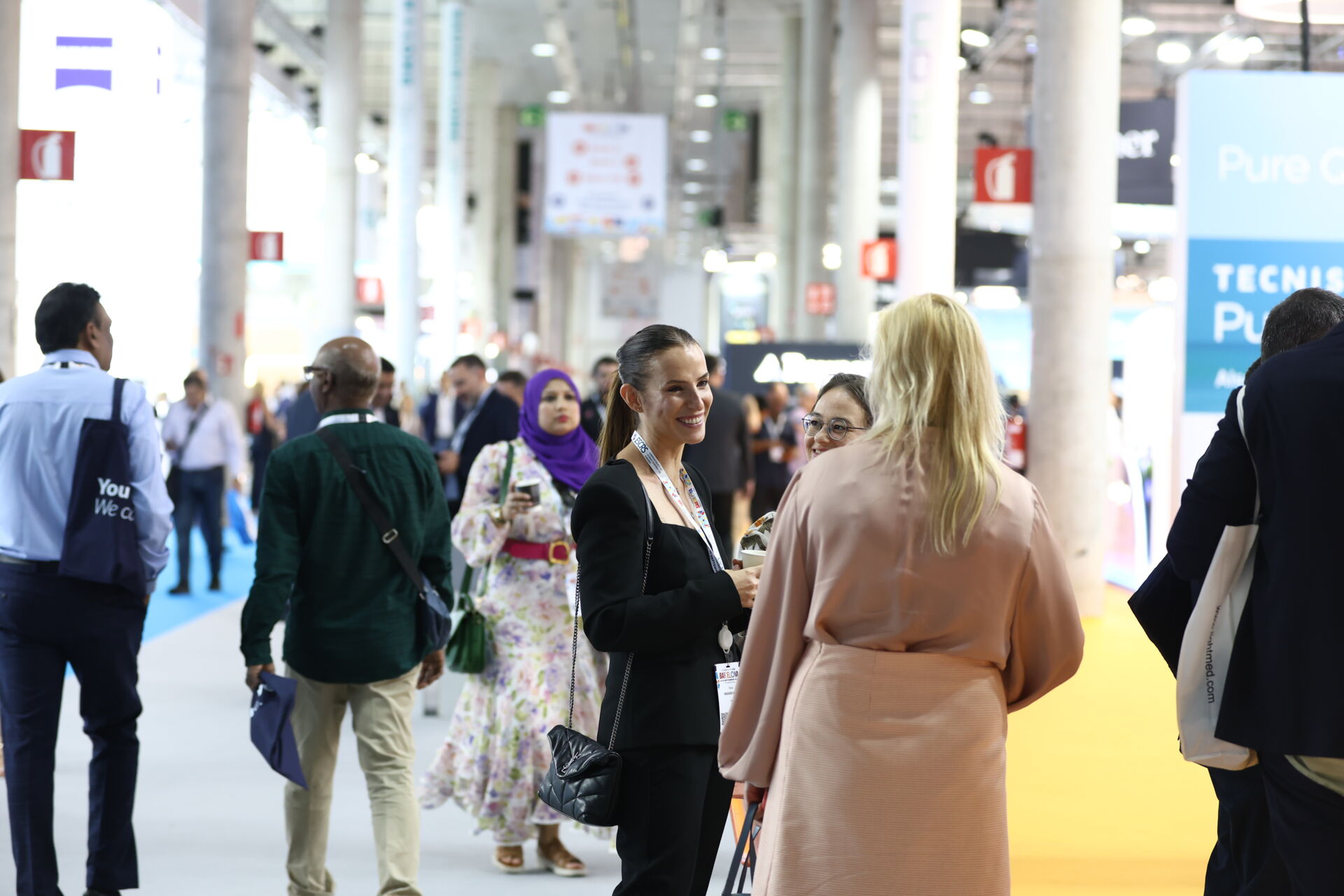
So, what can we do to ensure we lead the way for a more inclusive industry?
Hosting events during the day or offering hybrid formats can significantly improve accessibility without breaking the budget. Hybrid events continue to be popular as they offer flexibility and broaden participation. Daytime events are particularly beneficial for those who have evening commitments, while hybrid formats allow for remote participation without requiring overnight stays.
Providing on-site childcare can make a substantial difference and allow women and solo parents to fully engage with the on-site experience. By partnering with local childcare providers or setting up a dedicated area for children, event organisers can ensure that attendees with young families can participate more fully.
Implementing family-friendly policies, such as allowing children in some areas or offering family accommodation options, can make events more accessible.
I will not undermine the importance of building support networks within the industry as this can help address individual needs. I’m lucky to work for an employer who values diversity and offers flexibility to all talents as our unique circumstances are not only accepted but also appreciated.

Several studies suggest that such networks provide valuable resources and emotional support, making it easier to balance professional and personal responsibilities.
Designing events with diverse needs in mind must become second nature to ensure a more inclusive environment.
The events industry stands at a pivotal moment where the choice to become more inclusive is both a moral and strategic imperative. Embracing inclusive practices not only enhances event accessibility but also sets a positive example for clients and the broader industry. For solo parents like myself, a more inclusive approach would mean the ability to participate in industry events without having to sacrifice family time or professional growth.
By adopting these recommendations, the events industry can lead the way in creating a more equitable environment where everyone has the opportunity to contribute, learn, and succeed. This shift will not only benefit individuals but also enrich the industry as a whole, driving innovation and ensuring that our events reflect the diverse world in which we live.





